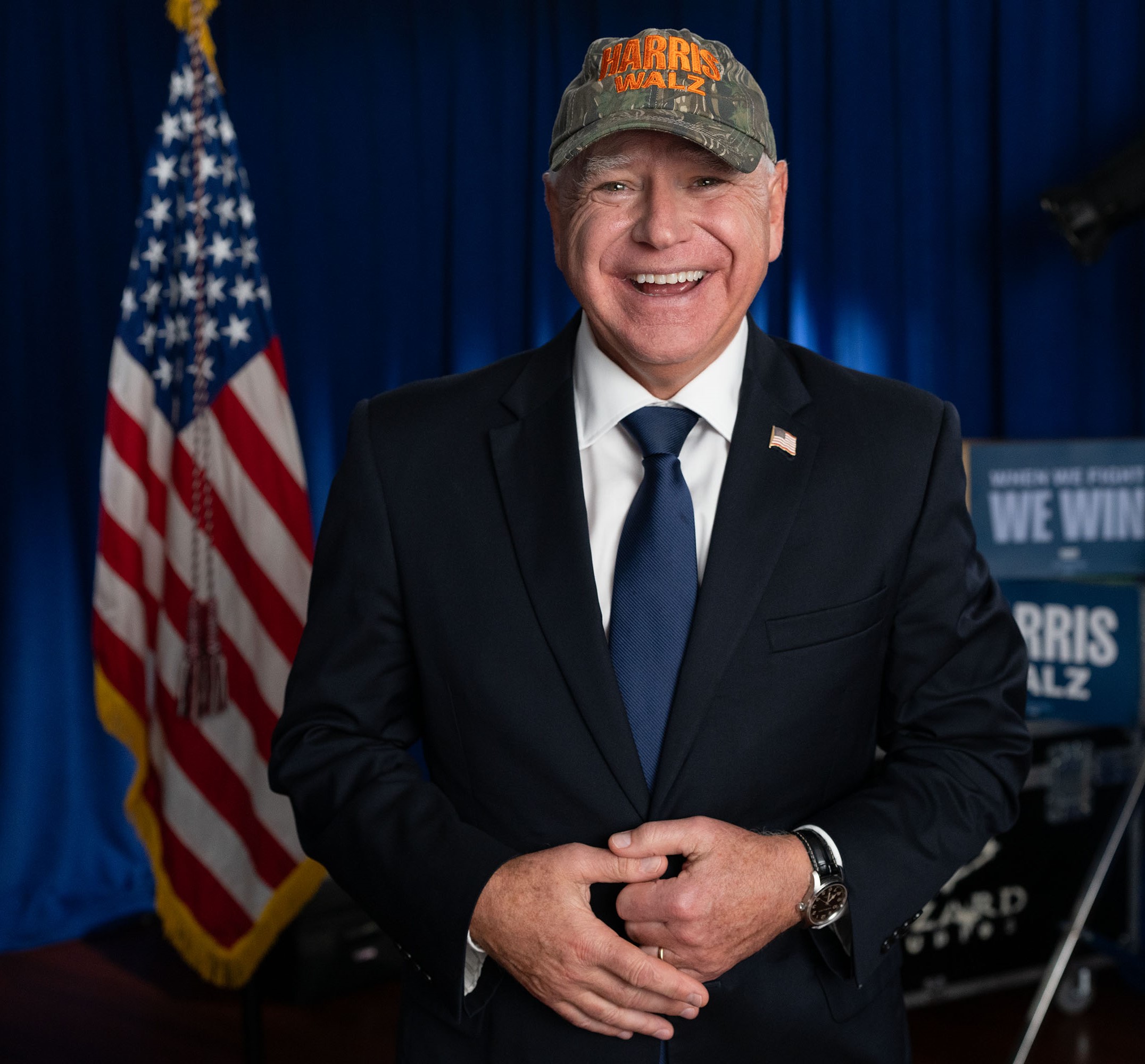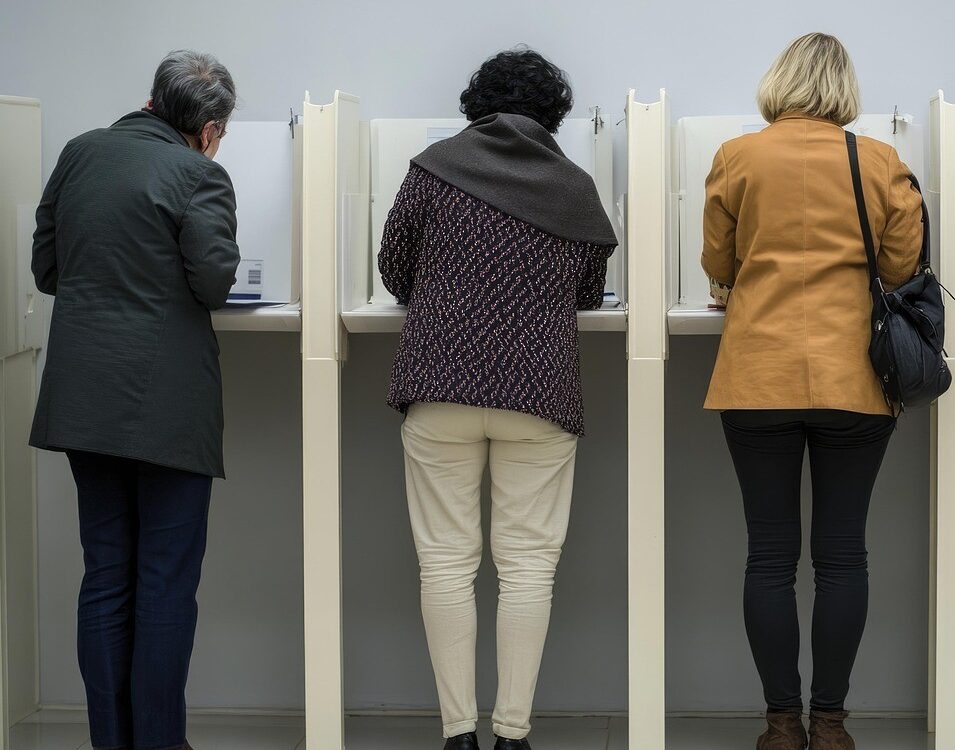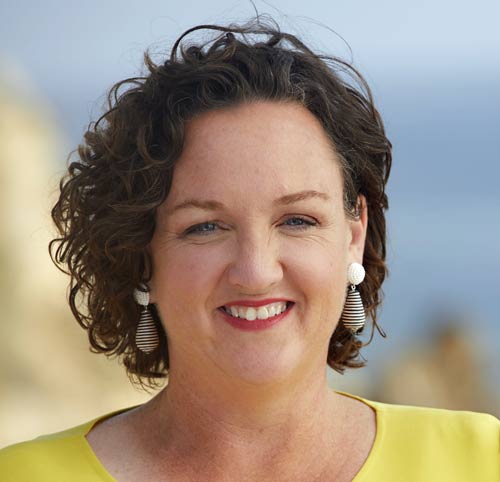
Photo courtesy @Tim_Walz
Mike Moen, reporter/producer, Minnesota News Connection, a bureau of Public News Service.
Democratic presidential nominee Kamala Harris has introduced Minnesota Gov. Tim Walz as her running mate.
The timing comes amid conversations about whether voters have a bigger appetite for less divisive politics. Analysts sayWalz has signed into law policies deemed progressive, such as a 100% carbon-free electricity standard. Also, Walz has emphasized bolstering reproductive rights.
David Schultz, professor of political science at Hamline University, said those controversial issues can get people motivated to vote.
“If you actually poll people on a variety of issues, whether it’s gun safety, immigration, helping the poor and so forth, there’s actually much broader consensus in America on a whole range of issues,” Schultz observed.
Walz also signed a law making school lunches free for all students, regardless of income. The move had bipartisan support. Like other political scientists, Schultz added at the end of the day, the vice presidential pick usually does not move the needle much in determining the race for the White House, with only a few high-profile examples in recent decades.
Will Walz have to give up his job as governor?
when asked what it means for leadership in Minnesota, Steve Simon, Secretary of State, says nothing changes for the time being. Walz is still allowed to be governor while campaigning for vice president. Minnesota has seen politicians such as Walter Mondale and Hubert Humphrey go on to serve as vice president but the logistics were a little different from what might happen with Walz.
“The other two Minnesotans who served as vice president did so as sitting United States senators, which didn’t kick off any sort of state constitutional process like this at all,” Simon recounted. “There were other succession issues but not succession issues like this.”
If the Harris/Walz ticket wins this fall, Walz would have the time between the election and Inauguration Day to resign as governor. Lieutenant Gov. Peggy Flanagan would then become governor, making her the first Native American woman to hold such a seat. The Minnesota Senate president, Democrat Bobby Joe Champion, would then be elevated to the state’s second-in-command post. That would create the need for a special election to fill his legislative seat.
Support for this reporting was provided by The Carnegie Corporation of New York.


